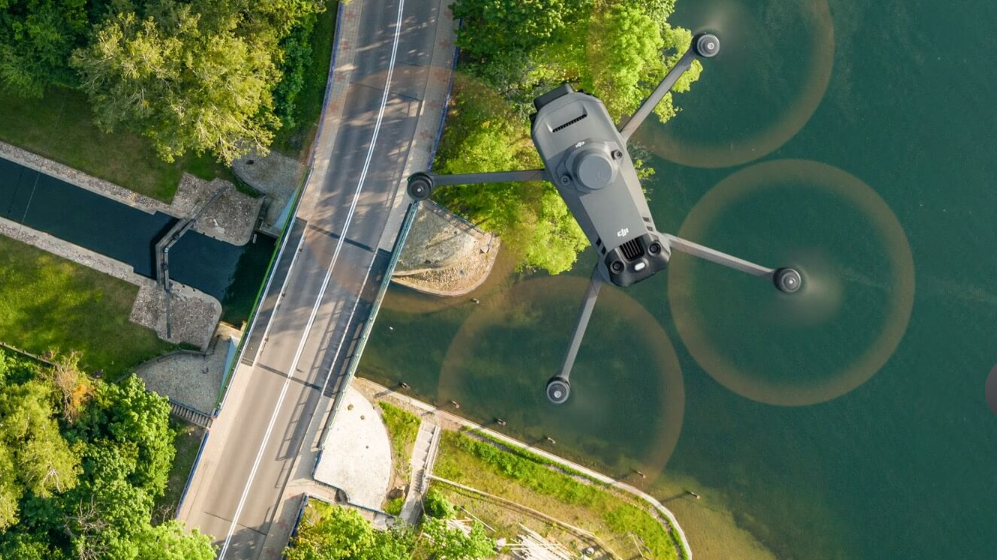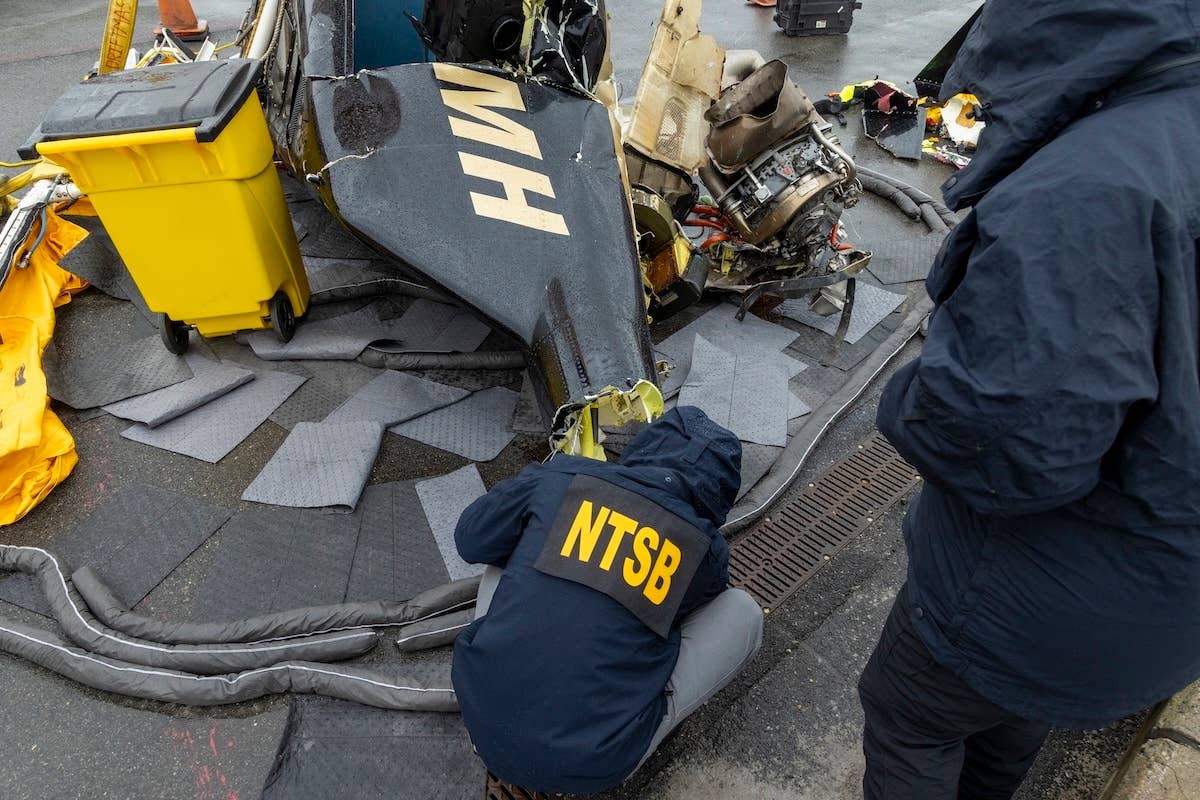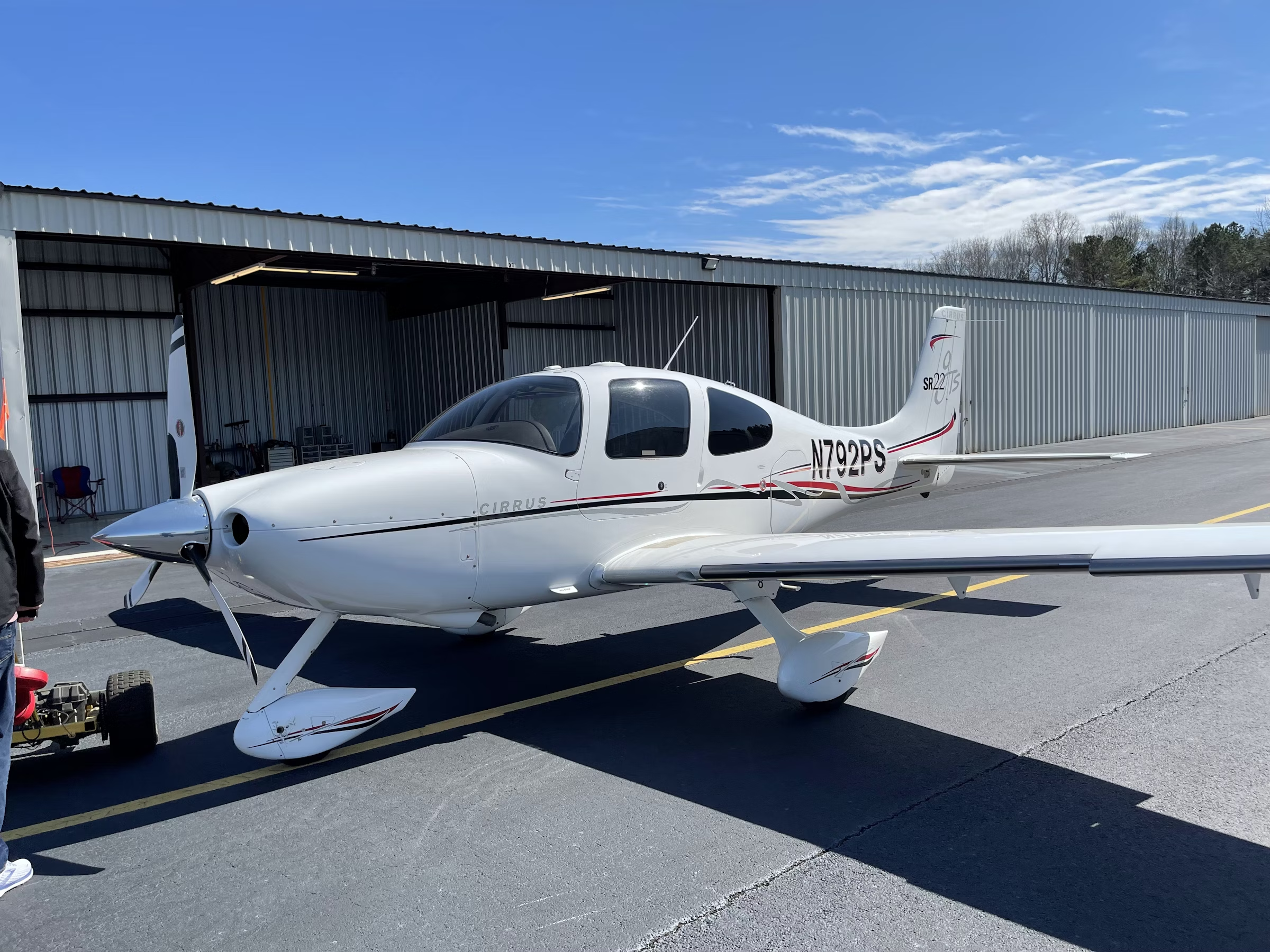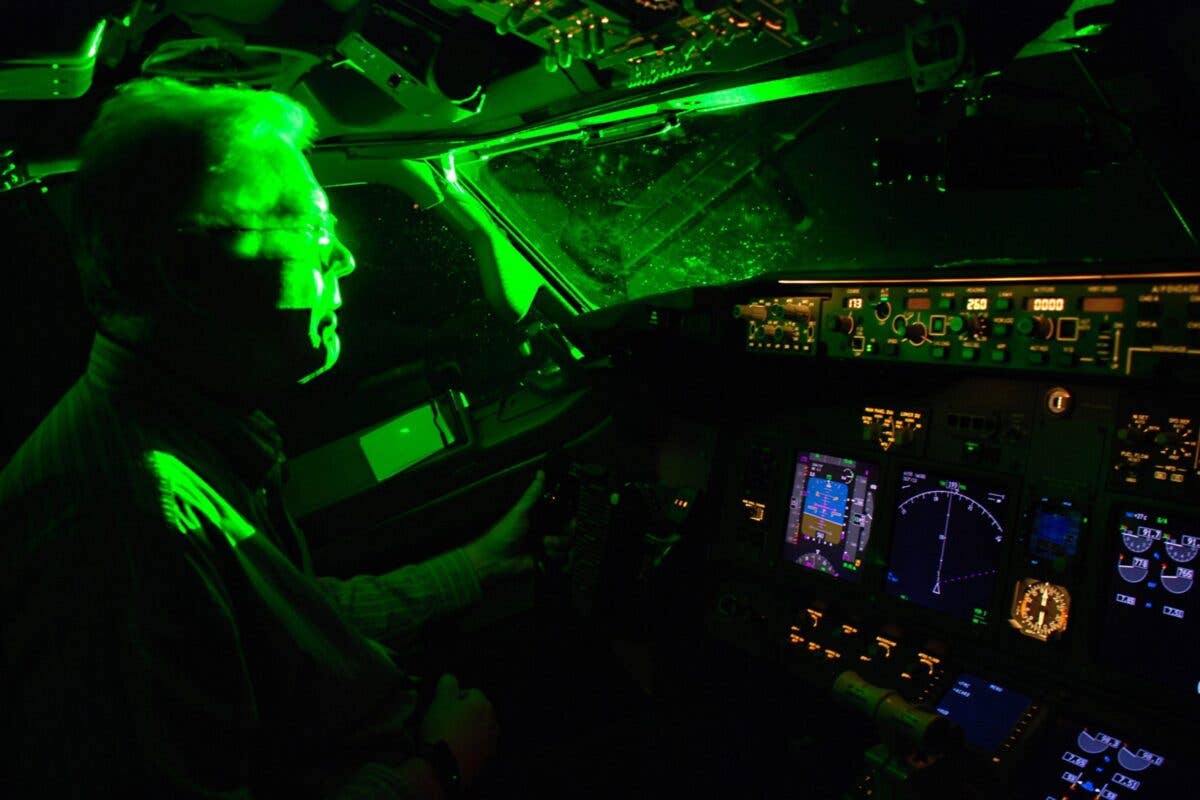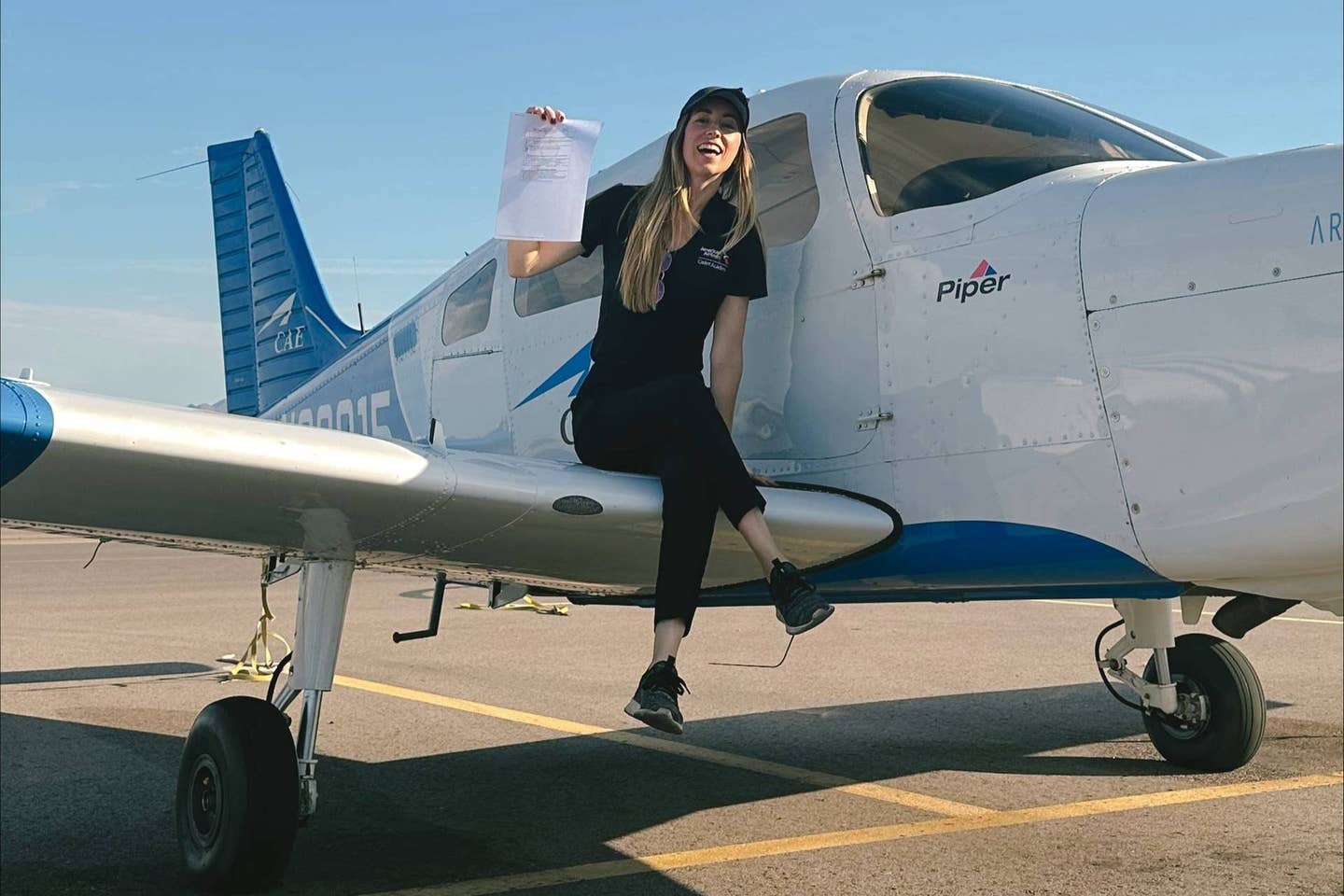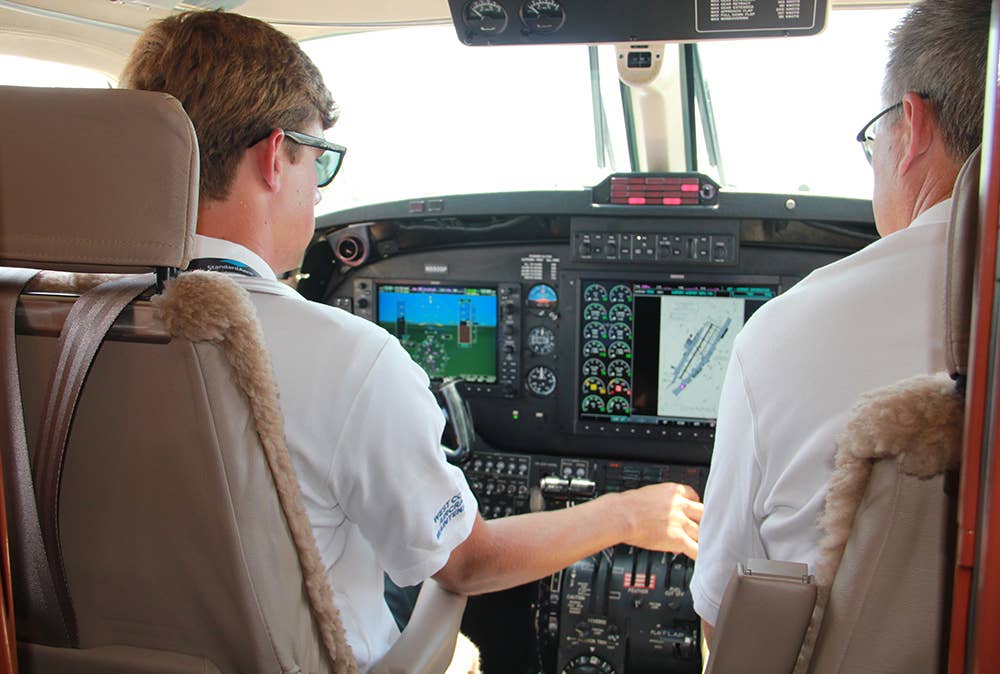Michigan Allots Over $6M for Advanced Air Mobility Projects
Lieutenant Governor Garlin Gilchrist announces that Beta Technologies, Skyports, Traverse Connect, and Michigan Central will receive fresh funding.
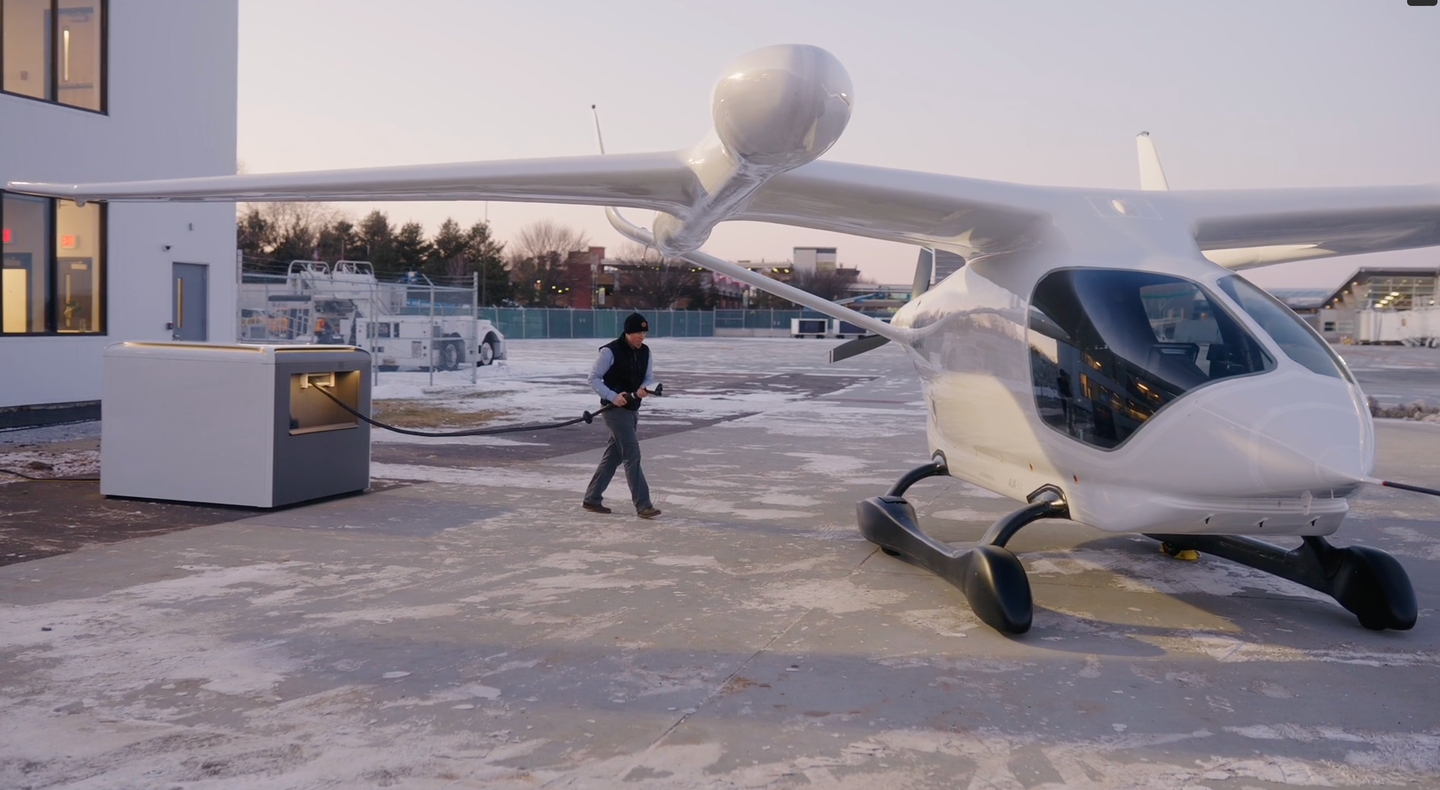
Beta Technologies, developer of electric aircraft and charging stations, is one of four companies receiving funding from Michigan’s AAM Activation Fund. [Courtesy: Beta Technologies]
Advanced air mobility (AAM) infrastructure is coming to Michigan, the state’s Lieutenant Governor Garlin Gilchrist announced Wednesday.
Four projects intended to study potential AAM use cases and guide Michigan lawmakers as they regulate the industry have received a total of $6.25 million in funding. AAM is an umbrella term used by the FAA to denote new forms of passenger- and cargo-carrying aircraft, from drones to electric vertical takeoff and landing (eVTOL) air taxis.
The $2.6 million will be allocated to electric aircraft and charging station developer Beta Technologies. The remaining funds will be divided among drone infrastructure developer Skyports ($512,000); Traverse Connect, the economic developer for the state’s Great Traverse region ($689,500); and Michigan Central, a transportation technology campus located in Detroit ($2.45 million).
The money comes from the Michigan AAM Activation Fund, which has the combined backing of the state’s Department of Transportation (MDOT), Office of Future Mobility and Electrification (OFME), and Economic Development Corporation (MEDC). The fund aims to prepare Michigan for the arrival of AAM aircraft by coordinating state agencies.
“Advanced air mobility is an incredible economic opportunity for the state of Michigan,” said Gilchrist. “These investments create high-tech jobs, grow cutting-edge businesses, and enhance quality of life for our residents. These innovative advancements will elevate the way our companies operate, making air transportation more efficient and changing the way we move both people and cargo.”
Added Bradley Wieferich, Michigan state transportation director: “This new investment complements the state’s strategy to find safe and cost-efficient ways to capitalize on a robust network of aviation infrastructure serving Michiganders today.”
Beta will use its $2.6 million appropriation to install electric aircraft chargers statewide, including at Cherry Capital Airport (KTVC), Capital Region International Airport (KLAN), West Michigan Regional Airport (KBIV), and Willow Run Airport (KYIP).
The company is developing systems that adhere to the combined charging standard (CCS), a set of design protocols endorsed by Beta, the General Aviation Manufacturers Association (GAMA), and other manufacturers such as Archer Aviation and Boeing’s Wisk Aero. So far, Beta has about 20 chargers installed and online in the Eastern U.S., with another 50 or so in the construction or permitting process.
Skyports will use its money to launch a trio of proof-of-concept, ship-to-shore drone delivery services in the cities of Sault Ste. Marie and Detour Village, in partnership with local shipping provider Interlake Steamships. The ships will be anchored while drones arrive to pick up deliveries.
Traverse Connect, with an assortment of partners, will examine the use of drones to deliver critical medical supplies to rural areas, which typically have less access to the U.S. healthcare system. The drones will also be deployed for marine surveying, water sampling and testing, bathymetric mapping, and emergency response in the Lake Michigan area.
Michigan Central, meanwhile, has been tasked with improving Michigan’s recently announced advanced aerial innovation region, an urban campus that was opened to bring AAM companies and jobs to the state. It will also work alongside Brooklyn’s Newlab, a technology center best known for revitalizing the Brooklyn Navy Yard, to test beyond visual line of sight (BVLOS) drone use cases across building inspection, cargo delivery, and medical delivery.
“Michiganders have always been pioneers in the mobility space, and now we’re taking to the skies, finding new ways to use next-generation transportation to deliver critical resources like medical supplies and food, reinforcing international partnerships and cross-border collaboration, and so much more,” said Justine Johnson, Michigan chief mobility officer.
Like this story? We think you'll also like the Future of FLYING newsletter sent every Thursday afternoon. Sign up now.

Sign-up for newsletters & special offers!
Get the latest FLYING stories & special offers delivered directly to your inbox

